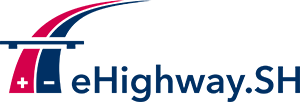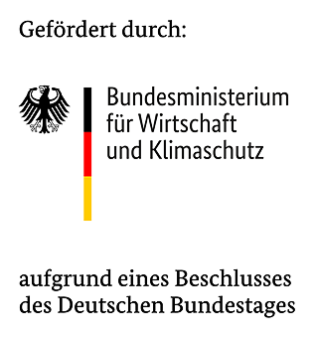Responsible persons and sponsors
Responsible
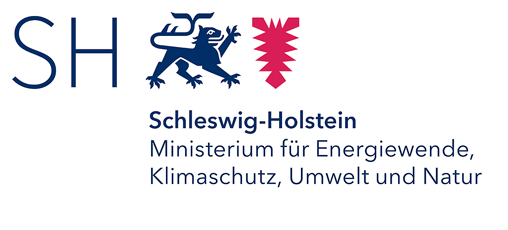
MEKUN
of Schleswig-Holstein (MEKUN) is responsible for the FESH project together with MWVATT and FuE-Zentrum FH Kiel GmbH and is the lead partner and allocation recipient of the project “Operation of the eHighway on the BAB A1 in Schleswig-Holstein”.
MEKUN is committed to the rapid and comprehensive implementation of the energy transition in all sectors in Schleswig-Holstein. The state government wants to drive forward research into and testing of electromobility in all transport sectors. The eHighway Schleswig-Holstein field trial is intended to contribute to this.
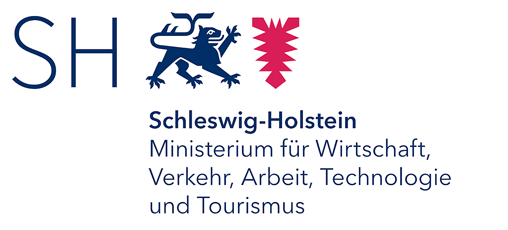
MWATT
of the State of Schleswig-Holstein (MWVATT) is responsible for the project together with MEKUN and FuE-Zentrum FH Kiel GmbH and was the lead partner and allocation recipient of the completed project “Approval and Construction of the eHighway Schleswig-Holstein Field Test”.
The MWVATT is pursuing a forward-looking policy with the eHighway field trial in Schleswig-Holstein. With the testing of an electrified highway, a pioneering role is being taken on the way to climate-friendly freight transport. Among other things, the state government is focusing on strengthening electromobility in order to steadily become less dependent on fossil fuels in the transportation sector as well and to reduce greenhouse gas emissions.
FuE-Zentrum FH Kiel
is responsible for the project together with MEKUN and MWVATT and is the lead partner of the project “Research in the context of the field test eHighway in Schleswig-Holstein”.
The FuE-Zentrum is an independent company that aims to transfer technology between science and industry. With many years of experience in project management of research and development projects on a regional, national and international level and a special focus on renewable energies, FuE-Zentrum FH Kiel GmbH brings together scientific know-how with entrepreneurial research and development needs.
Autobahn
was founded on September 13, 2018, to reform and centrally manage the Federal Highway Administration and thus the financing and administration of the approximately 13,000 km long highway network in Germany. Since January 1, 2021, the federal government has taken over the planning, construction, operation, maintenance, administration and financing of the federal highways. Since the change of responsibilities in the federal freeway network, Autobahn GmbH has been involved in the operation and accompanying research on the section.
Research partner
The following universities and research centers are involved in the joint project of scientific accompanying research within the framework of the eHighway Schleswig-Holstein field test:
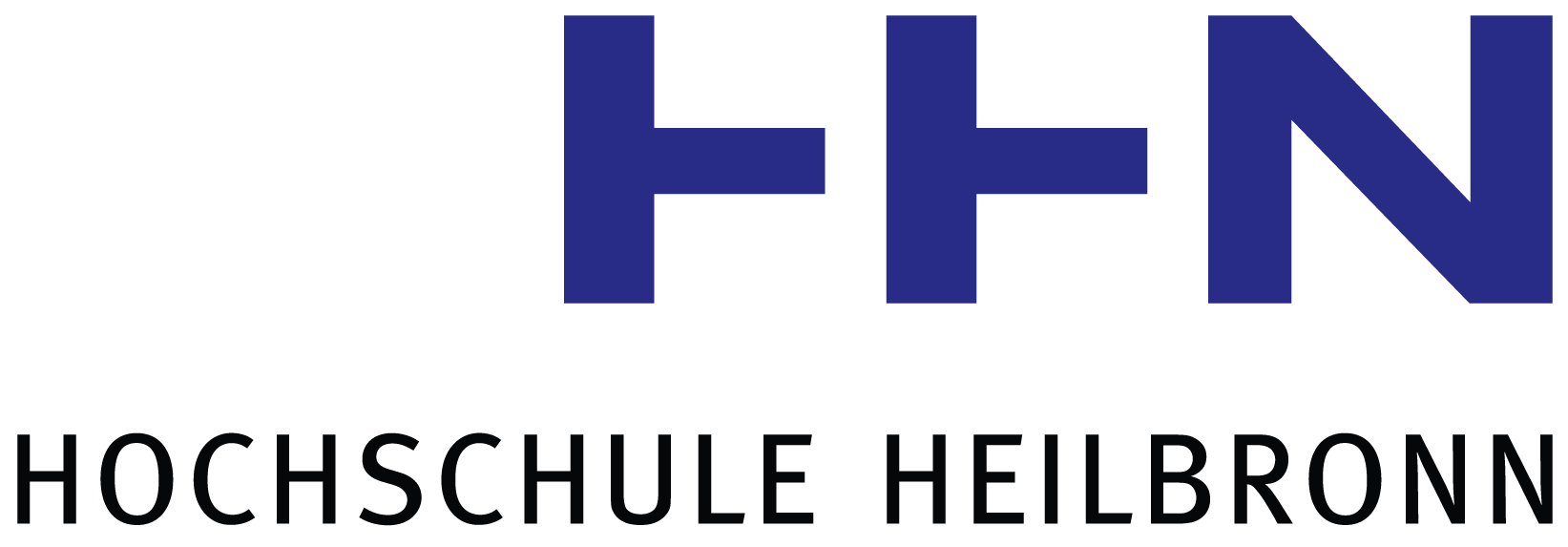
HHN
is conducting accompanying scientific research to determine the effects on transport economics and transport logistics. This includes the preparation of a vehicle cost and life cycle cost calculation as well as a profitability calculation for transport logistics, taking into account the performance profile of the forwarding company involved in the project. Together with various research partners and the LOGWERT competence center, the university has already worked on issues relating to green logistics, the development and financing of transport infrastructure, electromobility, automated driving in the freight transport sector and innovative vehicle deployment concepts for freight forwarding and logistics. Among other things, the university is and has been involved in various projects on overhead line-bound heavy goods transport (StratOn, CollERS, overall concept for an environmentally oriented organization and institutionalization of cross-modal infrastructure financing in Germany, status quo of the freight transport system in Germany, electric heavy goods transport in urban areas, freight transport concept for Baden-Württemberg).

TUD
evaluates the technical behavior of the overhead contact line system and performs a traffic psychological evaluation as well as an overall ecological evaluation. An environmental balance sheet is used to summarize the extent to which an overhead contact line system can contribute to a reduction in emissions using the example of a conurbation in Schleswig-Holstein. With its Faculty of Transportation Sciences “Friedrich List”, the Technical University has already made an extensive scientific contribution to the electrification of road-bound heavy traffic in the joint research project ENUBA 2.
Kiel University of Applied Sciences
is participating in the field test with the Department of Computer Science and Electrical Engineering and the Institute of Electrical Power Engineering. The focus of the study is on the analysis of the overhead contact line vehicle technology (energy balances), the discussion of possible network repercussions of the eHighway substations, and the determination of the necessary network expansion and the corresponding costs.
With regard to the acquisition and evaluation of vehicle data, the Department of Computer Science and Electrical Engineering has already successfully developed data acquisition systems and conducted metrological analyses of various electric buses and electric vehicles. The University of Applied Sciences has already successfully completed several research projects on active filtering of harmonic voltages using specially developed measurement and analysis technology.
Practice partner

Bode transport company
is operating five trolleybuses in combined shuttle service between the company’s sites in Reinfeld and Lübeck for the field trial. The close proximity to the eHighway and the regular driving profile create ideal conditions for research to investigate the interaction of trolley trucks and infrastructure year-round and prove their practicality.

DPDHL
betreiben für den Feldversuch den ersten vollelektrischen Oberleitungs-Lkw im Pendelverkehr zwischen Hamburg und Lübeck, um Brief- und Paketsendungen zu den Verteilzentren zu befördern. Von dienstags bis freitags fährt der vollelektrische Oberleitungs-Lkw über die eHighway Teststrecke und liefert über die Projektlaufzeit ganzjährig wissenschaftliche Daten für die Begleitforschung von FESH.
Funding source
BMWK
The eHighway Schleswig-Holstein field trial project is funded under the “Erneuerbar mobil” program of the German Federal Ministry for Economic Affairs and Climate Action (BMWK), formerly the German Federal Ministry for the Environment, Nature Conservation and Nuclear Safety (BMU). Since 2009, the federal government has been increasingly committed to researching and testing innovations in electromobility. In 2011, the “Erneuerbar mobil” funding program was launched. Since then, the German government has supported nearly 70 renewable mobility projects and schemes with a funding volume of almost 250 million euros.
The focus of the funding is on projects that help to tap the potential of electromobility in terms of energy and climate policy and at the same time contribute to strengthening the competitive position of German industrial sectors.
